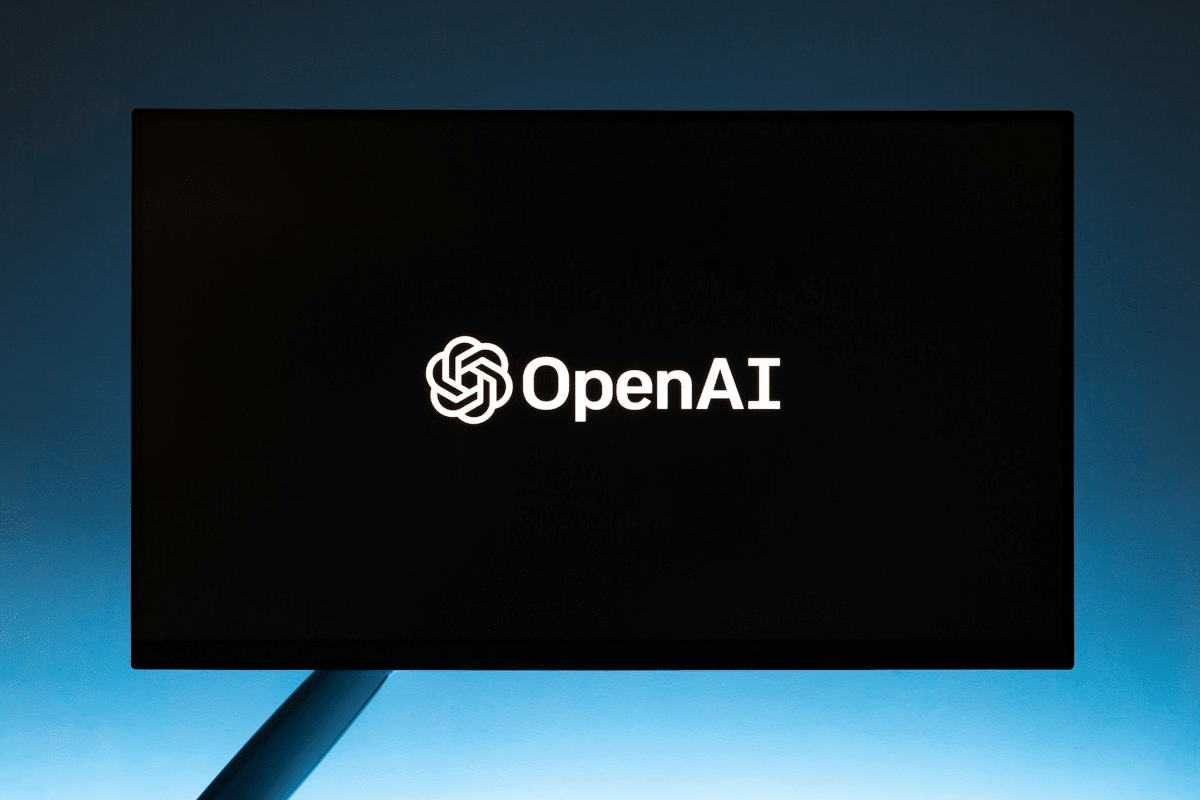The fight to dominate the online search market is heating up as OpenAI has unveiled SearchGPT, its AI-powered search engine which would compete directly with Alphabet’s Google. Here’s everything we know about the new offering and what it means for Google as well as the search market.
In its release, OpenAI said that it is testing SearchGPT which is “a prototype of new search features designed to combine the strength of our AI models with information from the web to give you fast and timely answers with clear and relevant sources.”
Currently, OpenAI is testing the tool with only 10,000 users but intends to integrate it into the ChatGPT chatbot later.
Alphabet Stock Fell After OpenAI Unveiled SearchGPT
The announcement comes at a time when Alphabet stock was already under pressure. The stock fell 5% on Wednesday despite reporting better-than-expected earnings for Q2. While Tesla – which too plummeted on Wednesday after its mixed earnings – has recouped some of the losses, Alphabet fell on Thursday also after OpenAI unveiled SearchGPT.
Notably, since Google is the market leader in online search by a fairly big distance, analysts fear that the market share is for the company to lose given its domination. That said, despite bringing in AI-powered Bing, Microsoft hasn’t been able to dent Google’s share much and it remains to be seen whether SearchGPT can be the “Google-killer.”
we think there is room to make search much better than it is today.
we are launching a new prototype called SearchGPT: https://t.co/A28Y03X1So
we will learn from the prototype, make it better, and then integrate the tech into ChatGPT to make it real-time and maximally helpful.
— Sam Altman (@sama) July 25, 2024
Meanwhile, in his post on X, OpenAI’s CEO Sam Altman said, “we think there is room to make search much better than it is today” – comments that seem directed at market leader Google.
How Would OpenAI’s SearchGPT Work?
OpenAI is pitching SearchGPT as a new way to search online. In its blog post, it said, “Getting answers on the web can take a lot of effort, often requiring multiple attempts to get relevant results. We believe that by enhancing the conversational capabilities of our models with real-time information from the web, finding what you’re looking for can be faster and easier.”
SearchGPT would respond to user’s questions using up-to-date information from the internet and instead of the long list of website links that legacy search engines come up with, it would organize them to make them more meaningful for the user. The user can then also ask follow-up questions.
On its website, OpenAI lists a couple of examples of how SearchGPT would work. In one example, it returns multiple relevant answers to a question related to the best tomatoes to plant in Minnesota. On a follow-up question on which of these can be planted now, it lists a few varieties while also providing some other useful information. It advises that seeds should be started indoors for 6-8 weeks prior to the frost date, something we won’t usually get in a simple Google search.
On a question on music festivals in a particular region, it lists the relevant events along with a short description and links. Clearly, SearchGPT is taking online search to a step beyond what users have been used to for now.
Google AI Overviews Previously Came Up with Incorrect Answers
To be sure, Google also has a similar service named AI Overviews but just like Bard (which it later renamed Gemini) it also initially came with incorrect and weird answers. Among others, it advised putting some glue on pizza “to give it more tackiness” while telling users that no country in Africa starts with the letter “K.” By releasing SearchGPT as a “prototype” that too to a handful of users, OpenAI would save itself the embarrassment of it coming up with incorrect answers.
You can check the video above for some of the most instance answers that Google’s AI overview came up with.
AI Search Engines Face Allegations of Copyright Violations
Meanwhile, one issue that AI-powered search engines face is copyright infringement as several publishers allege that they illegally copy their original work with AI tools with or without approval.
Condé Nast (the media giant behind The New Yorker, Vogue, and Wired) has sent a cease-and-desist letter to AI search startup Perplexity, demanding that Perplexity stop plagiarizing Condé Nast content.
This is just the latest copyright issue for Perplexity. A Wired investigation… pic.twitter.com/FLPBgAJhJ4
— Shelly Palmer (@shellypalmer) July 23, 2024
OpenAI seems to be taking a proactive stance towards the issues and has partnered with multiple publishers for SearchGPT. It also invites publishers to share their feedback with the company.
To address fears of copyright violations, it categorically states in its blog that, “Responses have clear, in-line, named attribution and links so users know where information is coming from and can quickly engage with even more results in a sidebar with source links.”
OpenAI Launched Cheap GPT-4o Mini AI Model Amid Escalating AI War
Earlier this month, OpenAI launched the GPT-mini AI model which is 60% cheaper than the GPT-3.5 Turbo as well as models from peers. AI models might get even cheaper in the coming days and next week Meta Platforms is expected to launch the largest version of its free offering, Llama 3. Multiple companies are building AI models and as competition ramps up, they might need to lower the pricing.
The AI war between tech giants is set to take new dimensions with OpenAI launching SearchGPT which would be a direct competitor with Google. For users, while AI-powered search engines haven’t really been upto the mark, they should eventually get better especially as competition heats up among tech companies who are increasingly under pressure from investors to justify their burgeoning AI investments.
